Psoriasis (suh-rye-ah-sis) is a condition that causes the body to make new skin cells in days rather than weeks. As these cells pile up on the surface of the skin, you may see thick, scaly patches.
Psoriasis runs in families: If a parent, grandparent, brother, or sister has psoriasis, you have a higher risk of getting it. Psoriasis is not contagious. Unlike chickenpox or a cold, you cannot catch psoriasis from someone.
Patches of thick raised skin covered with silvery scale form. These patches usually appear on the scalp, elbows, knees, or lower back — but they can develop anywhere on the skin.
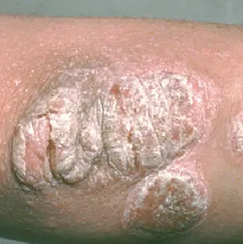
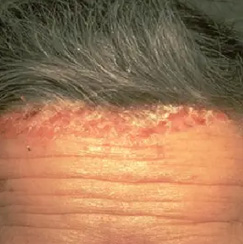
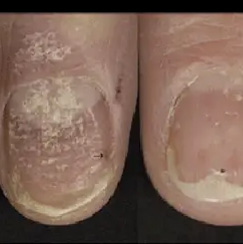
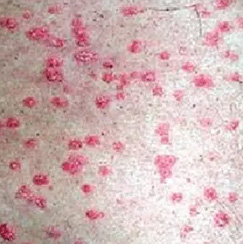
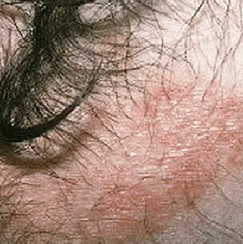
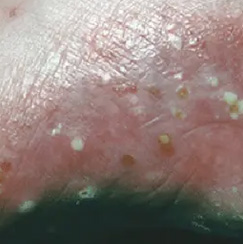
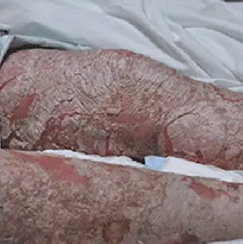
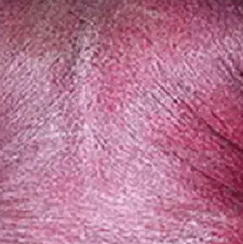
Psoriasis is often a lifelong condition. To help their patients live well with psoriasis, Tieman Dermatology recommends the following: use psoriasis-friendly skin care and find and avoid your psoriasis triggers. To treat your psoriasis, please make an appointment with Tieman Dermatology to tell us about your symptoms.